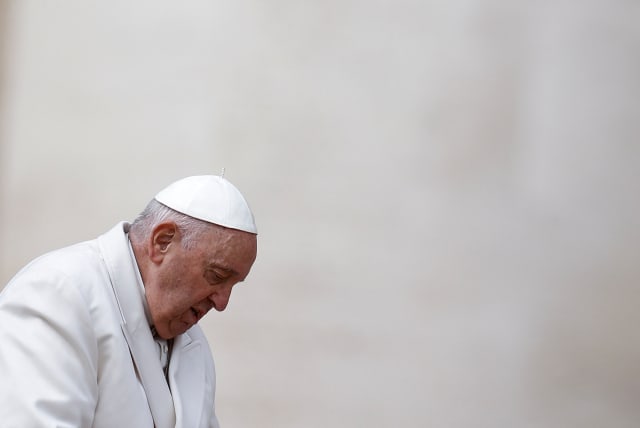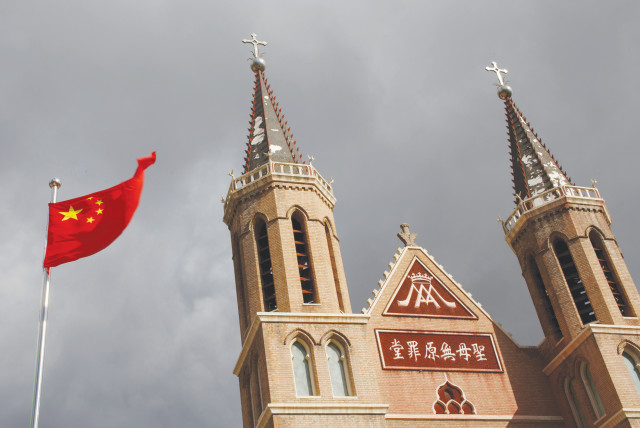Pope approves Shanghai bishop as Vatican chides China for lack of consultation

The pope had decided to approve Shen "for the greater good" of the Shanghai diocese and because Shen was an "esteemed pastor."
Pope Francis has approved a new bishop of Shanghai as the Vatican chided China for transferring him there without consultation, in violation of bilateral accords.
A Vatican statement on Saturday said the pope had named Bishop Joseph Shen Bin to head the vacant Shanghai diocese.
Cardinal Pietro Parolin, the Vatican's Secretary of State, said in an interview issued separately that it had not been consulted when Shen was moved to Shanghai from the diocese of Haimen, in Jiangsu province.
Parolin said the unilateral move went against "the spirit of dialog and collaboration" stipulated in a landmark 2018 accord on the naming of bishops.
Selling out or finding ways to communicate
Conservative Catholics have criticized the secret accord as a sellout to communist China, but the Vatican has defended it as an imperfect means to have some form of dialog with the authorities for the good of Chinese Catholics.
The pope had decided to approve Shen "for the greater good" of the Shanghai diocese and because Shen was an "esteemed pastor," Parolin said in the interview with internal Vatican media outlets.
Parolin reminded his Chinese counterparts that the accord, which has been renewed twice since it was first signed, "revolves around the fundamental principle of consensus about decisions pertaining to bishops."
The Shanghai dispute is the latest between the Vatican and China over the transfer of a bishop.
In November, the Vatican accused Chinese authorities of violating the 2018 pact by installing a bishop in a diocese not recognized by the Holy See.
The pact was a bid to ease a longstanding divide across mainland China between an underground flock loyal to the pope and a state-backed official church. For the first time since the 1950s, both sides recognized the pope as supreme leader of the Catholic Church.
Shen, 53, is president of the Council of Chinese Bishops, which is believed to be controlled by the Chinese Communist Party. He was installed in Shanghai in April without Vatican permission.
The Council of Chinese Bishops is not formally recognized by the Vatican and in his interview on Saturday Parolin said the Holy See wanted to see the establishment of a Chinese Catholic Bishops Conference with statutes similar to those in other countries.
Those statues should include regular contact between Chinese bishops and the pope, he said.
The pope will travel to Mongolia next month, which was part of China until 1921 and has good relations with Beijing. Diplomats say the country, which has only about 1,300 Catholics, could be an intermediary with China.
Jerusalem Post Store
`; document.getElementById("linkPremium").innerHTML = cont; var divWithLink = document.getElementById("premium-link"); if (divWithLink !== null && divWithLink !== 'undefined') { divWithLink.style.border = "solid 1px #cb0f3e"; divWithLink.style.textAlign = "center"; divWithLink.style.marginBottom = "15px"; divWithLink.style.marginTop = "15px"; divWithLink.style.width = "100%"; divWithLink.style.backgroundColor = "#122952"; divWithLink.style.color = "#ffffff"; divWithLink.style.lineHeight = "1.5"; } } (function (v, i) { });

